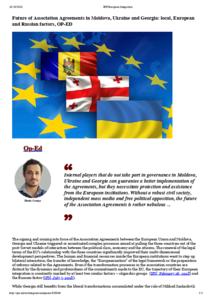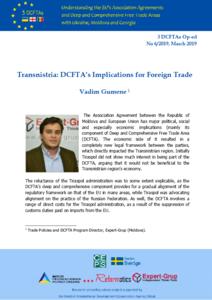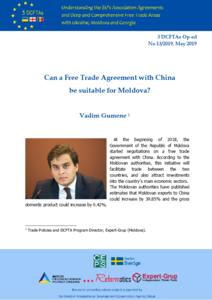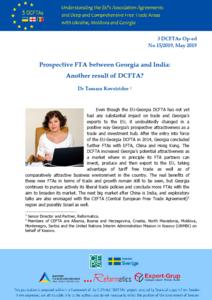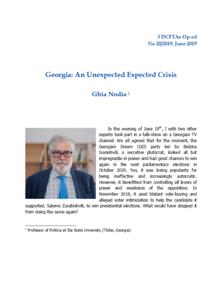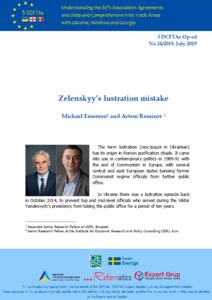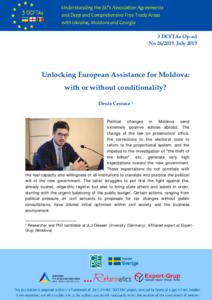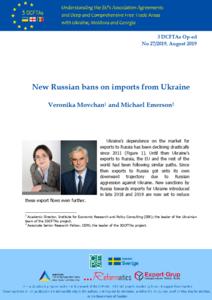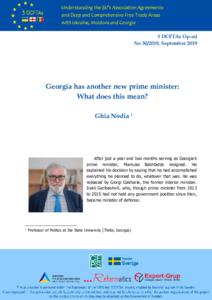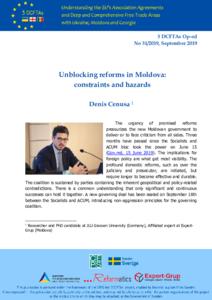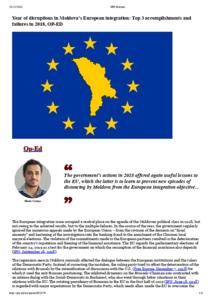
Year of Disruptions in Moldova’s European Integration: Top 3 Accomplishments and Failures in 2018
Year of Disruptions in Moldova’s European Integration: Top 3 Accomplishments and Failures in 2018
Keywords: Moldowa EU-Accession;
The year 2018 brought, on the one side, the drastic reduction in the government’s capacity to mislead the European partners concerning the state of reforms. The opposition and civil society turned instead into the main credible messengers of the EU in Moldova. At the same time, the pro-European sympathies remained above the Eurasian course despite the decline in the bilateral relations with the EU. Also, the rise in exports to the EU was consolidated through Romania and this diminished the negative impact of Russian’s bans at least temporarily. // On the other hand, by its actions the government repeatedly exemplified the profoundness of the “state capture” phenomenon that generated the invalidation the results of the mayoral elections in the capital city. Consequently, the EU suspended not only the macro-financial assistance, but also the budget support that will be restored depending on the way in which the upcoming elections are held. Moldova set a risky precedent in the region and the conditionality mechanism applied by the EU turned out to be inefficient before the survival political interests of the local elites.
More...
